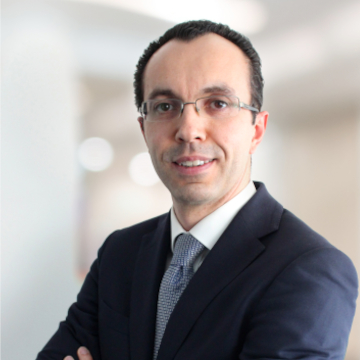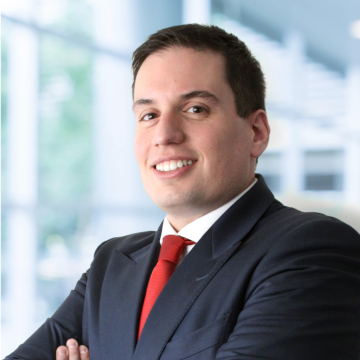Following the serious impacts caused by the pandemic, caused by the SARS-CoV-2 virus, the European Council created the Next Generation EU, a temporary recovery instrument, from which the Recovery and Resilience Mechanism is developed, which includes the Recovery and Resilience Plan (PRR).
The Portuguese PRR is a national application program, with an execution period until 2026, and will implement a set of reforms and investments that will allow the country to resume sustained economic growth. It will be financed by total resources of €16.6 thousand M, distributed across around €14 thousand M in grants and €2.7 thousand in loans.
The PRR was organized into 20 Components, which are grouped around three dimensions.
Due to the importance it represents for the business sector, the Components aimed at companies are presented:
- C5. Business capitalization and innovation (€2,914M): This component's main objective is to increase the competitiveness and resilience of the Portuguese economy based on R&D, innovation and the diversification and specialization of the productive structure.
- C6. Qualifications and skills (€1,324M): Taking into account that qualifications and skills are the main driver of competitiveness, cohesion and well-being, this component aims to increase the responsiveness of the educational and training system to combat inequalities social and gender issues and increase employment resilience.
- C11. Decarbonization of industry (715M€): This component aims to contribute to accelerating the transition to a carbon-neutral economy and, at the same time, to promote the competitiveness of industry and companies, through their decarbonization, reduction of energy consumption and promoting endogenous energy sources.
- C12. Sustainable bioeconomy (€145M): Aims to promote a national bioindustry, through the promotion of R&D activities for the use of forest-based raw materials and the implementation of industrial and agro-industrial pilots, namely in the textile and clothing, footwear and of natural resin.
- C14. Hydrogen and renewables (€370M): This component aims to promote the energy transition, through support for renewable energies, with a focus on the production of hydrogen and other gases of renewable origin.
- C16. Companies 4.0 (€650M): This component aims to reinforce the digitalization of companies, by strengthening the digital skills of the workforce, modernizing companies' business models, creating new digital channels for marketing products and services and incorporation of disruptive technologies in companies.
BDO created an interactive tool, updated daily, with the aim of searching all PRR competition notices


